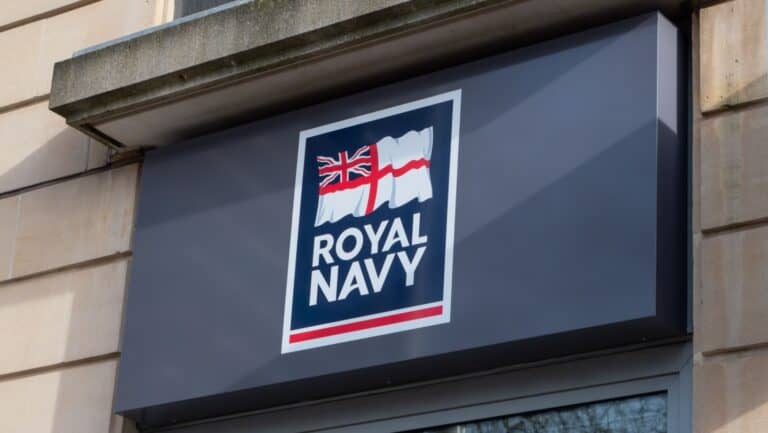Accessing medical treatment after leaving the military
It is important that any treatment you were receiving while you were serving can continue. You should register with a local GP so you can receive prescription medications and access NHS services. To find out how to register with a GP surgery go the NHS website.
It is a good idea when you register to make your GP aware that you have served in the military and which branch you served in, whether that is the Army, Navy or RAF. You should be provided with a copy of your summary medical record when you leave, which will let your GP know how to obtain your service medical records. More information on this can be found here.
Not all GPs will be familiar with the types of medical issues that veterans may suffer from. To help address this issue, the Royal College of General Practitioners is working with NHS England and NHS Improvement to accredit GP practices as ‘veteran friendly’. Being accredited means that a practice can better identify and treat veterans and refer them, when needed, to dedicated NHS services. More information can be found on the Royal College of General Practitioners website.
The Veterans Trauma Network is a service available in selected NHS health centres across England which provides care and treatment to those injured during their time in the armed forces. Veterans accessing this service will be cared for by military and civilian clinicians who understand the nature and context of their injuries. You will need to speak to your GP for a referral.
Accessing dental care, an optician and audiologist
Finding a Dentist
You don’t need to register with a specific local NHS Dentist as there are no catchment areas (unlike GP surgeries). You can simply find a dental surgery that is convenient to you, whether it’s near your home or work place, and phone them to see if they have any appointments available.
You can search for NHS dentists in your area on the NHS website.
Dentistry is one of the few NHS services where you have to pay a contribution towards the cost of your care. You can check here what you may have to pay for your NHS treatment. You may be eligible for an exemption if you are in receipt of certain benefits and you can check this here.
Finding an Optician
You can find an optician and see if you are entitled to free NHS eye tests here.
Finding an Audiologist
You should speak to your GP if you notice any problems with your hearing. You can find more details about the signs and symptoms of hearing loss on the NHS website.
You can get a free hearing test on the NHS. A GP may refer you to a hearing specialist (audiologist) who can do the test.
It could take a few weeks to see a specialist so it might be quicker to get a test somewhere else, like at a large pharmacy or opticians, such as Specsavers.
Charities
If you have suffered hearing loss or tinnitus there are a number of charities who can provide information and support, including:





